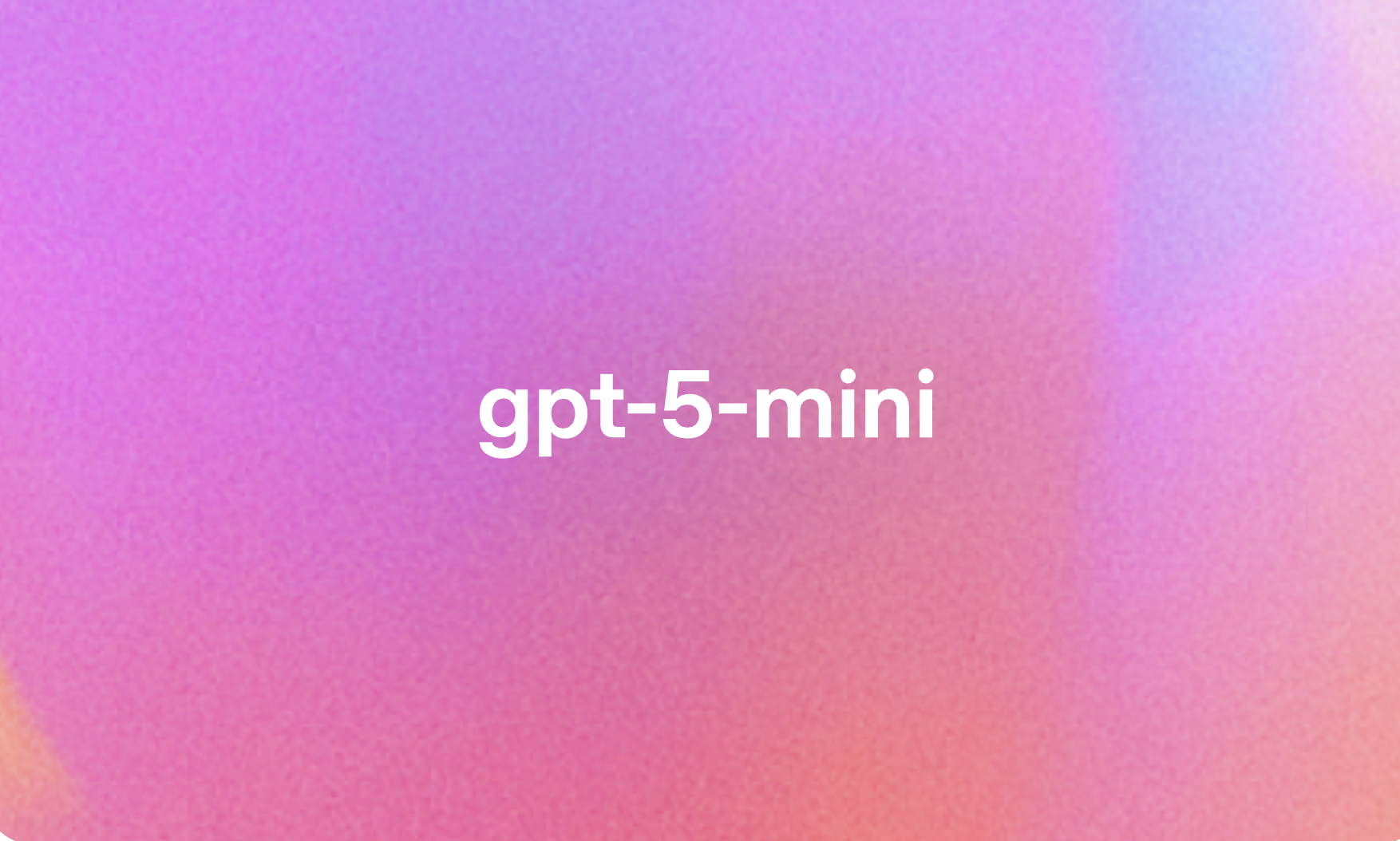GPT-5 is OpenAI’s capable model to date, designed for advanced reasoning, code generation, instruction following, and tool use. This guide covers key features and how to get the most from the GPT-5 family.
🧠 Model Variants
gpt-5: Best for complex, multi-step tasks and rich world knowledge.
gpt-5-mini: Balanced speed and cost, ideal for chat and medium-difficulty reasoning.
gpt-5-nano: Lightweight, great for fast, simple tasks like classification.
🔧 Key Features
Reasoning Effort Control how deeply the model thinks before responding.
minimal: Fastest; good for coding and clear instructions.
medium (default): Balanced.
high: Most thorough.
Prompt tip: For minimal, ask the model to “think step-by-step” to improve quality.
Verbosity
Control how much the model says.
low: Concise answers/code (e.g., SQL queries).
medium: Default.
high: Detailed explanations or refactoring.
Custom Tools
Define tools with freeform text input (code, SQL, etc.). Use grammars (CFGs) to constrain output to specific formats. Always validate inputs/outputs.
Allowed Tools
Control which tools the model can or must use via allowed_tools. Helps with safety, predictability, and caching.
Preambles
Ask the model to explain tool usage decisions before invoking them. Improves transparency and debugging.
🔄 Migration Tips
From older models: Use gpt-5 for o3 and gpt-4.1 tasks. Start with medium or minimal reasoning depending on complexity.
From Chat Completions: Switch to the Responses API to support reasoning carryover (CoT). This improves latency and cache hits.
💻 Best Practices
Coding Define the model’s role clearly.
Require testing/validation for generated code.
Use examples for tool usage.
Guide formatting with Markdown standards.
Frontend Development
Supports Tailwind, shadcn/ui, Radix Themes, Lucide icons, Motion.
Use detailed prompts for better UI/UX, structure, and integration.
Agentic Tasks
Ask GPT-5 to break down tasks and persist until fully resolved.
Use preambles and TODO tools to improve planning and completeness.
🧩 Reasoning Tokens
GPT-5 retains and reuses reasoning across turns for improved performance. With ZDR or store=false, encrypted reasoning is supported for secure reuse.

